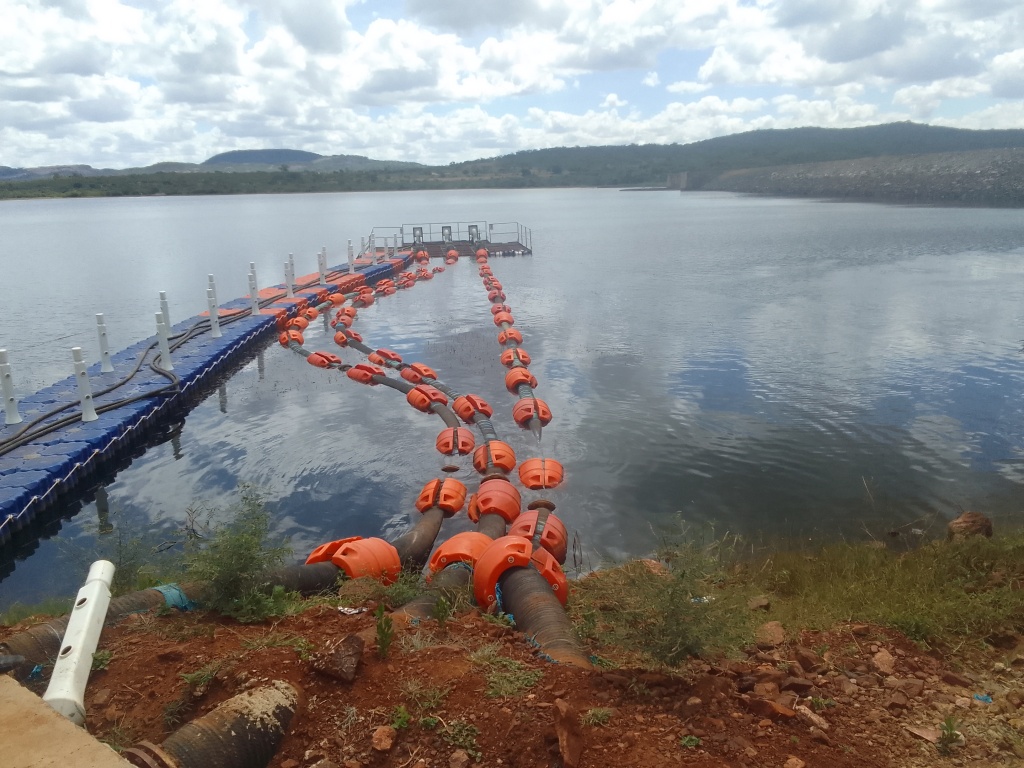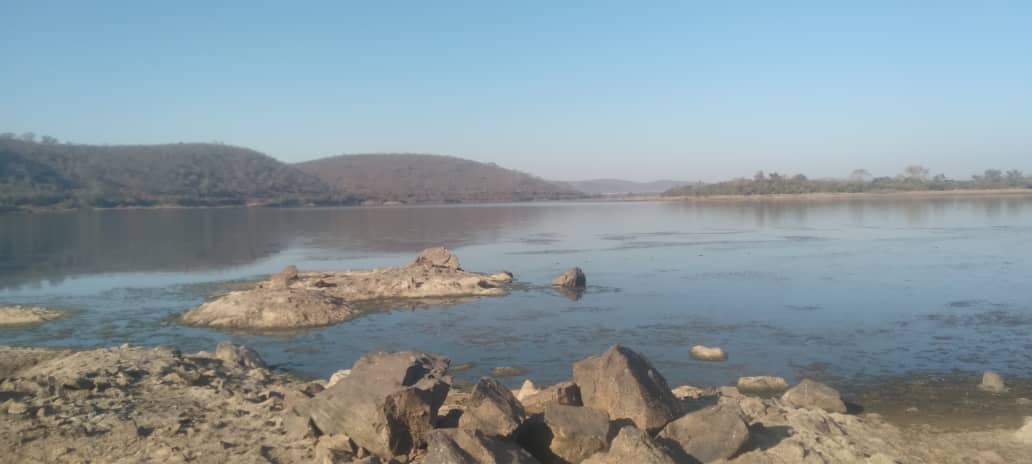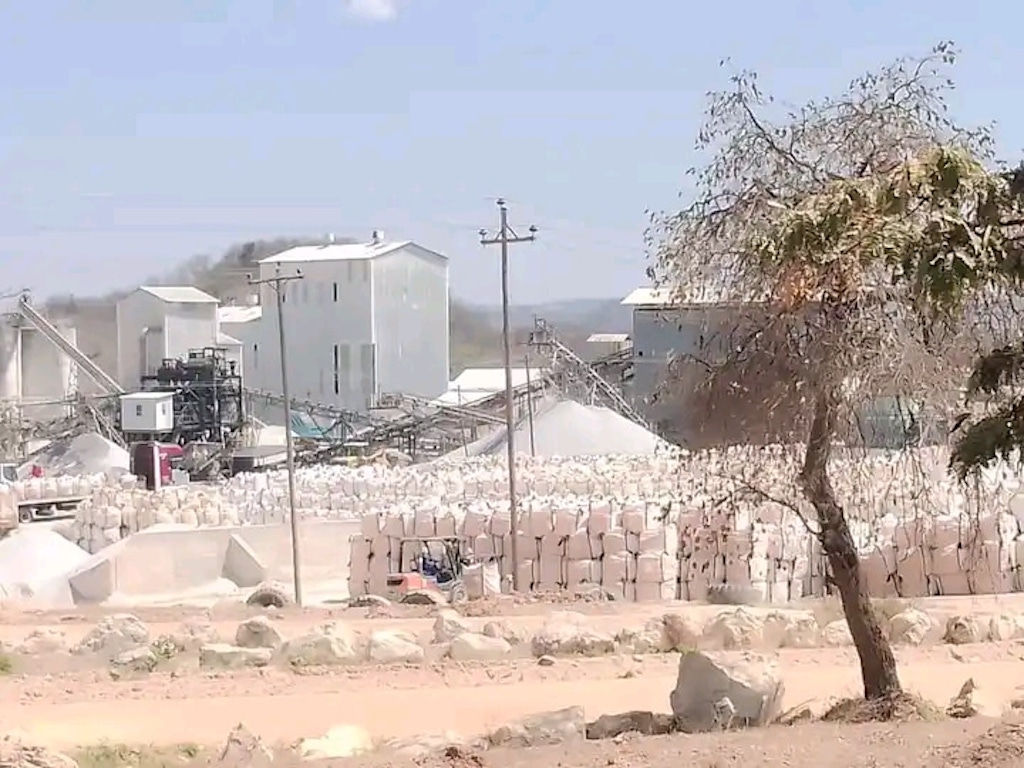Moses Ziyambi
Villagers in communities along Mungezi Range have complained that they no longer get water from Matezva Dam because the Zimbabwe National Water Authority (Zinwa) prioritises Bikita Minerals and Riverton Academy, and no longer releases any water to the downstream.
Bikita Minerals is a lithium producing company, and Riverton Academy is an elitist private high school.
Matezva Dam (pictured) supplies water to over 3000 families, but the water level is relatively lower this year due to the El Nino-induced drought which is affecting the country and large parts of Southern Africa.
The agricultural activities of villagers in wards 11, 12 and 30 in Bikita West, and those in neighbouring Bikita East, Masvingo North and Gutu South have thus been affected.
Given Masharanyika of Ward 12 said people in his community no longer practiced agriculture in the manner they used to do, and access to drinking water by their livestock had worsened.
“Since February, no water has been released from the dam to allow us to carry on with our agriculture-based livelihoods. All the water is being pumped out mainly by the mine,” said Mushanyarika.
Bikita Institute of Land and Development (BILAD) Chairperson Mountain Mujakachi said the failure to release water to downstream communities was unacceptable.
“We appeal for an equitable water allocation policy so that the resource can be distributed fairly to Mungezi communities, Riverton Academy and Bikita Minerals. In particular, the two institutions must limit the amount of water they draw from the dam in light of the drought. It is the communities that are most vulnerable,” said Mujakachi.
EnviroPress also contacted local traditional leader Chief Marozva who acknowledged the gravity of the situation, saying he had since asked responsible authorities to intervene.
“I engaged Zinwa after finding out they were responsible for water rationalisation but they have not yet provided a substantial answer. We have actually petitioned Zinwa after the complaints grew louder, so we await their response,” said Chief Marozva, whose real name is Ishmael Marozva.
Ward 12 Councillor Brighton Mushekwa alleged that the mine was violating the Water Act which accords communities surrounding a catchment area the right to local water resources.
“Matezva Dam was constructed to provide water for agricultural activities and for domestic use but communities have since lost control because a big mining company has arrived. We approached our local Zinwa offices but they referred us to the head office which is harder to reach,” said Mushekwa.
Section 26 of the Water Act stipulates that communities living near water sources should access and use water for domestic, agricultural and other purposes. Chapter 27 states that Zinwa should consult local communities and stakeholders when making decisions about water management and allocation.

Dewure Sub-Catchment Council manager Misheck Moyo said the dam still held enough water to meet the needs of all its traditional beneficiaries.
“As of 29 July 2024, the dam was at 70.2 percent full which means there is enough water for Bikita Minerals and surrounding areas too. Our responsibility is to research on challenges faced by people in catchment areas while Zinwa is responsible for the allocation of water, and closure of water supplies,” said Moyo.
Zinwa Corporate Communications and Marketing Executive Margorie Munyonga said the measure implemented were designed to ensure that water in the dam did not get drained before the onset of the next rains.
“Zinwa is managing the release of water from Matezva Dam with the intention of avoiding draining the dam to unsustainably low levels before the onset of the rainy season. To this end, the Authority makes periodic releases from the dam for downstream users and communities as well as for the environmental requirements.
“However, downstream communities are encouraged to engage their relevant Zinwa offices whenever the situation requires that releases are made,” Manyonga said.








